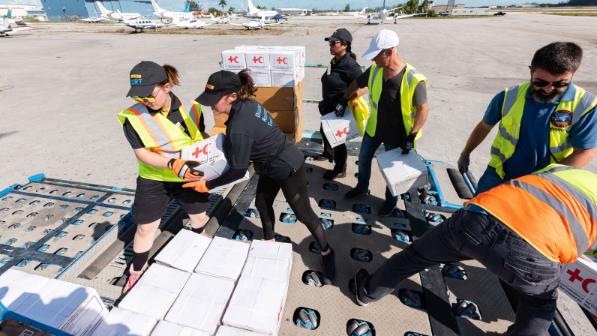Our longstanding partnership with DHL, especially with the high-impact GoHelp programme, truly highlights how global companies play a vital role in humanitarian efforts worldwide. We measure success by delivering accountable, principled, and sustainable assistance to those who need it most. Looking forward, we are excited about deepening our collaboration through joint training and initiatives to strengthen our partnership, in alignment with OCHA's strategy to increase meaningful engagement with the private sector.



